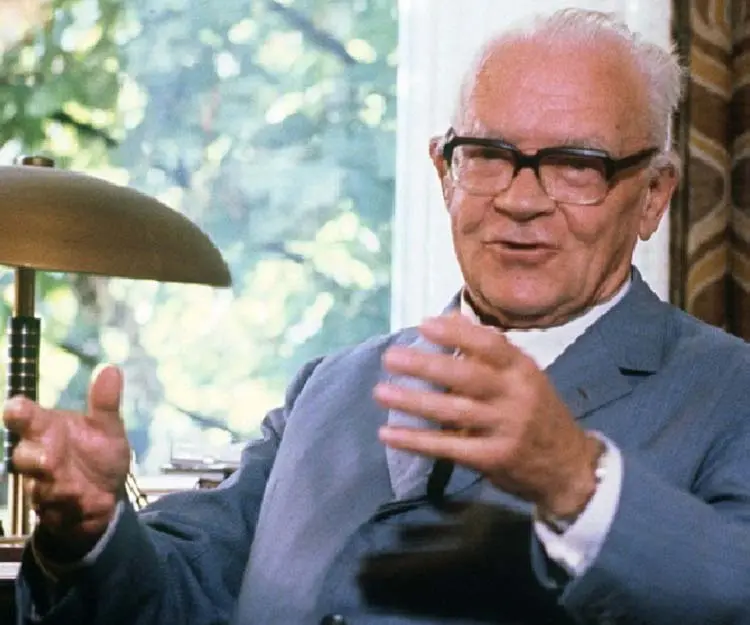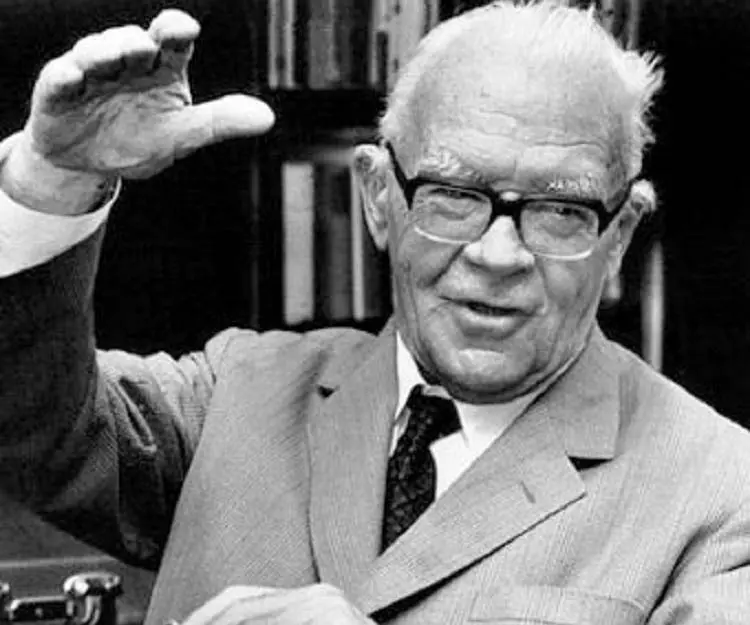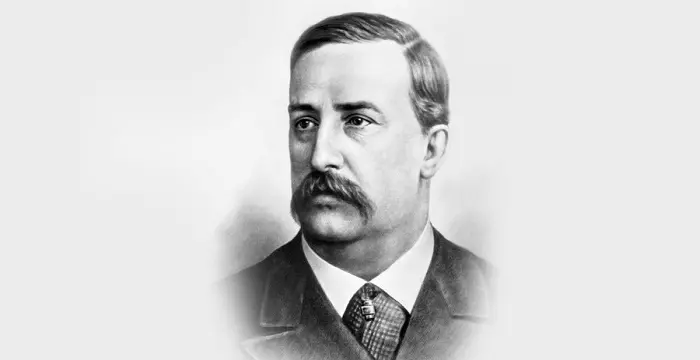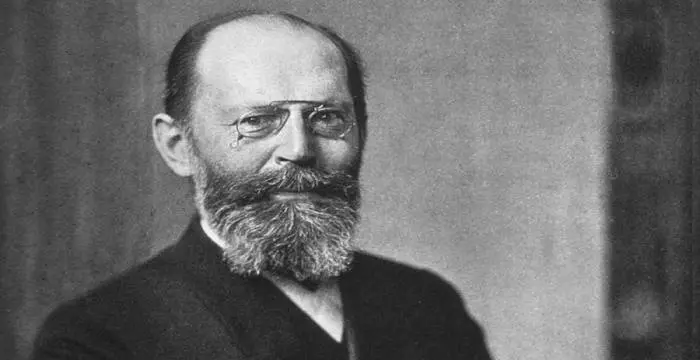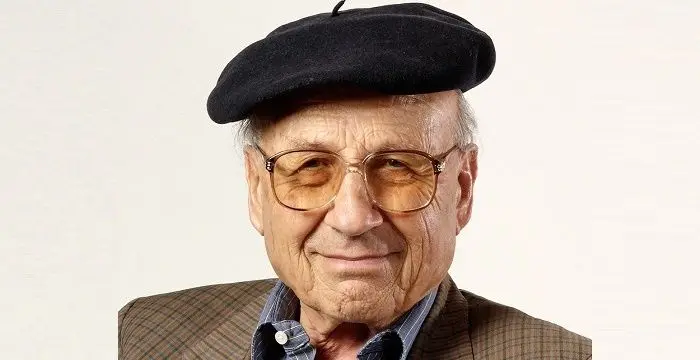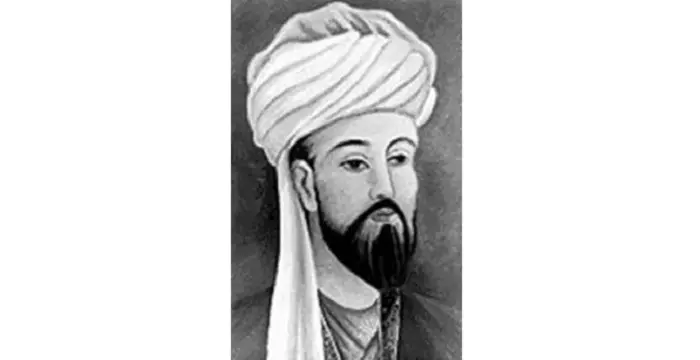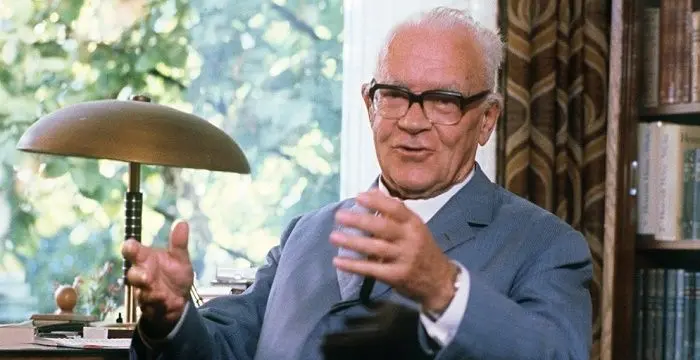
Georg Wittig - Chemists, Timeline and Family
Georg Wittig's Personal Details
Georg Wittig was a German chemist who won a share of the Nobel Prize in Chemistry in 1979
| Information | Detail |
|---|---|
| Birthday | June 16, 1897 |
| Died on | August 26, 1987 |
| Nationality | German |
| Famous | Scientists, Chemists, Organic Chemists |
| Spouses | Waltraud Ernst |
| Birth Place | Berlin, Germany |
| Gender | Male |
| Sun Sign | Gemini |
| Born in | Berlin, Germany |
| Famous as | Organic Chemist |
| Died at Age | 90 |
// Famous Scientists
Juliane Koepcke
Juliane Koepcke is a German-Peruvian biologist, who was the lone survivor among the 92 passengers and crew of the ill-fated LANSA Flight 508 that crashed in the Peruvian rainforest on 24 December 1971. Know more about her life in this biography.
Henry Cavendish
Henry Cavendish was a theoretical chemist and physicist, renowned for discovery of hydrogen and calculation of the mass of earth. To know more about his childhood, profile, timeline and career read on
Konstantin Tsiolkovsky
Konstantin Tsiolkovsky was a Russian rocket scientist and a pioneer of astronautics. This biography provides detailed information about his childhood, family, personal life, career, achievements, etc.
Georg Wittig's photo
Who is Georg Wittig?
Georg Wittig was a German chemist who won a share of the Nobel Prize in Chemistry in 1979. He developed a method for synthesis of alkenes from aldehydes and ketones using compounds called phosphonium ylides which later came to be known as the Wittig reaction. The son of a professor, he developed an early love for science and started studying chemistry at the University of Tübingen in 1916. The ongoing World War I, however, interrupted his studies and he was drafted into the army. His military experience was traumatic and he was taken a prisoner of war by the British forces in 1918. He was released the next year but faced considerable trouble in resuming his studies as the universities in Germany were already overcrowded. In desperation, he made a plea to the professor for organic chemistry at the University of Marburg, Karl von Auwers, who accepted the young man into the institution. Wittig was an intelligent and hardworking student who after three years of rigorous studies was awarded the Ph.D. in organic chemistry. On the advice of his mentor, von Auwers, he ventured into an academic career. After working at the TU Braunschweig and the University of Freiburg, he eventually succeeded the head of the organic chemistry department Wilhelm Schlenk at the University of Tübingen.
// Famous Organic Chemists
Dmitri Mendeleev
Dmitri Mendeleev was a Russian chemist who is best known for his discovery of the periodic law. Check out this biography to know about his childhood, life, achievements, works & timeline
Aleksandr Borodin
Aleksandr Borodin was a prodigal Russian music composer and scientist. This biography gives detailed information about his childhood, life, works, achievements and timeline.
Hermann Emil Fischer
Emil Fischer was a Nobel Prize winning chemist from Germany who is known for inventing the ‘Fischer Projection’ method. To know more about his childhood, career, profile and timeline read on
Childhood & Early Life
Georg Wittig was born on June 16, 1897, in Berlin, German Empire, and grew up in Kassel where his father was a professor of applied arts. As a young boy he learned to play the piano at the behest of his music loving mother.
After finishing his schooling in 1916, he decided to study chemistry at the University of Tübingen. However, his studies were interrupted by the ongoing World War I and the young man was drafted into the army and made a lieutenant in the cavalry of Hesse-Kassel (or Hesse-Cassel).
During his military career he was taken a prisoner of war by the English forces in 1918. He was desperate to resume his studies upon his release in 1919. But at that time all the German universities were overcrowded and Wittig was not able to get into any educational institution.
He made a direct appeal to Karl von Auwers, who was professor for organic chemistry at the University of Marburg at the time, and got selected into the institution. A bright student, he performed well in his studies. He graduated in 1923 and was awarded the Ph.D. in organic chemistry after three years in 1926.
Career
Georg Wittig embarked on an academic career on the advice of von Auwers and became a lecturer in chemistry at Marburg after the completion of his Habilitation (permission to lecture in a university). During his years there he became good friends with Karl Ziegler, who was also doing his habilitation with von Auwers.
In 1932, he was invited by Karl Fries to join the TU Braunschweig as a professor. The 1930s was a period of political chaos in Germany with the Nazi party increasingly gaining power. Fries was strictly opposed to the Nazis due to which the Nazis tried to get rid of him. Wittig, who supported Fries, feared for his own job too.
The Nazis were eventually successful in forcing Fries into retirement. Fortunately for Wittig, Hermann Staudinger, the director of the Chemical Institute at the University of Freiburg in Breisgau, invited him to become an associate professor at that institution in 1937.
Wittig’s tenure in Freiburg was marked by intensive research which laid the foundations of carbanion chemistry. During his years at the university he performed significant works including the formulation of dehydrobenzene and the discovery of the new class of ammonium ylides.
In 1943, Wilhelm Schlenk, the head of the organic chemistry department at the University of Tübingen, died. The following year, Georg Witting succeeded Schlenk and was appointed full professor and director of the university’s Chemical Institute.
Once the World War II ended, Wittig was able to establish a very active research group with young scientists. He was known to be a meticulous teacher and set very high standards for his students. He was regarded as a very successful mentor who inspired several young minds to start an academic career.
In 1956, he succeeded Karl Freudenberg as the head of the organic chemistry department at the University of Heidelberg. He continued working there even after his retirement in 1967. Over the duration of his long illustrious career, he published over 300 scientific papers.
Major Works
He discovered the chemical reaction of an aldehyde orketone with a triphenyl phosphonium ylide to give an alkene and triphenylphosphine oxide, now known as the Wittig reaction. It is widely used in organic synthesis for the preparation of alkenes.
Georg Wittig discovered the 1,2-Wittig rearrangement which is a categorization of chemical reactions in organic chemistry, and consists of a 1,2-rearrangement of an ether with an alkyllithium compound.
He is also credited with the discovery of the [2,3]-Wittig rearrangement which refers to the transformation of an allylic ether into a homoallylic alcohol via a concerted, pericyclic process.
Awards & Achievements
In 1967, he received the coveted Otto Hahn Prize for Chemistry and Physics.
Georg Wittig and Herbert C. Brown were jointly awarded the Nobel Prize in Chemistry in 1979 "for their development of the use of boron- and phosphorus-containing compounds, respectively, into important reagents in organic synthesis."
Personal Life & Legacy
Georg Wittig married Waltraud Ernst in 1931. His wife, who also worked in von Auwers’s group, had a doctorate degree and supported her husband in his scientific endeavors until her death in 1978. The couple had three daughters.
He lived a long life and suffered from ill health during his later years. He died on August 26, 1987, a few weeks after his 90th birthday.
// Famous Chemists
Henry Cavendish
Henry Cavendish was a theoretical chemist and physicist, renowned for discovery of hydrogen and calculation of the mass of earth. To know more about his childhood, profile, timeline and career read on
Walter Kohn
Nobel Laureate Walter Kohn was an Austrian-born American theoretical chemist and physicist. Check out this biography to know about his childhood, life, achievements, works & timeline.
Jabir Ibn Hayyan
Jabir Ibn Hayyan was a medieval era polymath. Check out this biography to know about his life, works and achievements.
Georg Wittig's awards
| Year | Name | Award |
|---|---|---|
Other | ||
| 0 | Nobel Prize in Chemistry (1979) | |
Georg Wittig biography timelines
- // 16th Jun 1897Georg Wittig was born on June 16, 1897, in Berlin, German Empire, and grew up in Kassel where his father was a professor of applied arts. As a young boy he learned to play the piano at the behest of his music loving mother.
- // 1916After finishing his schooling in 1916, he decided to study chemistry at the University of Tübingen. However, his studies were interrupted by the ongoing World War I and the young man was drafted into the army and made a lieutenant in the cavalry of Hesse-Kassel (or Hesse-Cassel).
- // 1918 To 1919During his military career he was taken a prisoner of war by the English forces in 1918. He was desperate to resume his studies upon his release in 1919. But at that time all the German universities were overcrowded and Wittig was not able to get into any educational institution.
- // 1923 To 1926He made a direct appeal to Karl von Auwers, who was professor for organic chemistry at the University of Marburg at the time, and got selected into the institution. A bright student, he performed well in his studies. He graduated in 1923 and was awarded the Ph.D. in organic chemistry after three years in 1926.
- // 1931 To 1978Georg Wittig married Waltraud Ernst in 1931. His wife, who also worked in von Auwers’s group, had a doctorate degree and supported her husband in his scientific endeavors until her death in 1978. The couple had three daughters.
- // 1932In 1932, he was invited by Karl Fries to join the TU Braunschweig as a professor. The 1930s was a period of political chaos in Germany with the Nazi party increasingly gaining power. Fries was strictly opposed to the Nazis due to which the Nazis tried to get rid of him. Wittig, who supported Fries, feared for his own job too.
- // 1937The Nazis were eventually successful in forcing Fries into retirement. Fortunately for Wittig, Hermann Staudinger, the director of the Chemical Institute at the University of Freiburg in Breisgau, invited him to become an associate professor at that institution in 1937.
- // 1943In 1943, Wilhelm Schlenk, the head of the organic chemistry department at the University of Tübingen, died. The following year, Georg Witting succeeded Schlenk and was appointed full professor and director of the university’s Chemical Institute.
- // 1956 To 1967In 1956, he succeeded Karl Freudenberg as the head of the organic chemistry department at the University of Heidelberg. He continued working there even after his retirement in 1967. Over the duration of his long illustrious career, he published over 300 scientific papers.
- // 1967In 1967, he received the coveted Otto Hahn Prize for Chemistry and Physics.
- // 1979Georg Wittig and Herbert C. Brown were jointly awarded the Nobel Prize in Chemistry in 1979 "for their development of the use of boron- and phosphorus-containing compounds, respectively, into important reagents in organic synthesis."
- // 26th Aug 1987He lived a long life and suffered from ill health during his later years. He died on August 26, 1987, a few weeks after his 90th birthday.
// Famous Gemini Celebrities peoples
Wentworth Miller
Wentworth Miller is an American actor and screenwriter who achieved recognition for his role in the TV series ‘Prison Break’.
Joyce Meyer
Joyce Meyer is a Christian author and speaker. This biography provides detailed information about her childhood, life, achievements, works & timeline
Zoe LaVerne
Zoe LaVerne is an American musical.ly star. Check out this biography to know more about her family, personal life, including her age, birthday, etc.
WolfieRaps
Check out all that you wanted to know about WolfieRaps, the famous YouTube Personality; his birthday, his family and personal life, his girlfriends, fun trivia facts and more.
Adam Saleh
Check out all that you wanted to know about Adam Saleh, the famous YouTube Personality; his birthday, his family and personal life, his girlfriends, fun trivia facts and more.
Isaak Presley
All about American actor and singer Isaak Presley including his age, birthday, family life, girlfriends, net worth, and some fun facts.
Georg Wittig's FAQ
What is Georg Wittig birthday?
Georg Wittig was born at 1897-06-16
When was Georg Wittig died?
Georg Wittig was died at 1987-08-26
Where was Georg Wittig died?
Georg Wittig was died in Heidelberg, Germany
Which age was Georg Wittig died?
Georg Wittig was died at age 90
Where is Georg Wittig's birth place?
Georg Wittig was born in Berlin, Germany
What is Georg Wittig nationalities?
Georg Wittig's nationalities is German
Who is Georg Wittig spouses?
Georg Wittig's spouses is Waltraud Ernst
What is Georg Wittig's sun sign?
Georg Wittig is Gemini
How famous is Georg Wittig?
Georg Wittig is famouse as Organic Chemist



